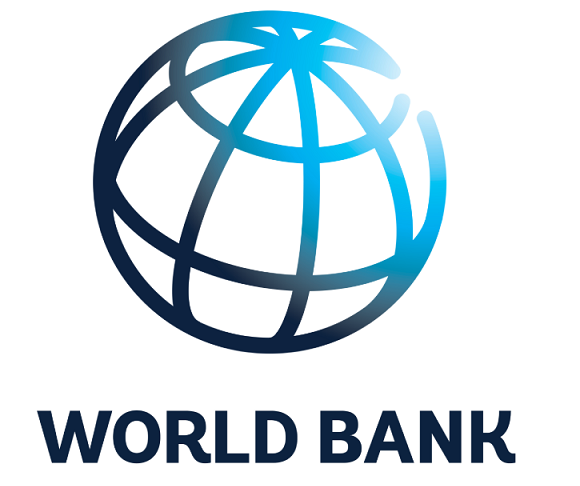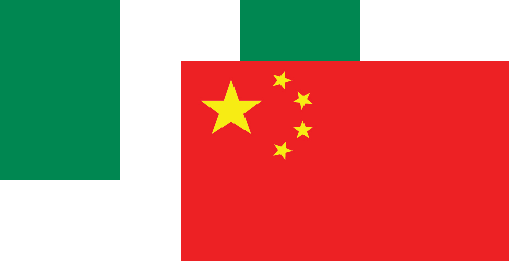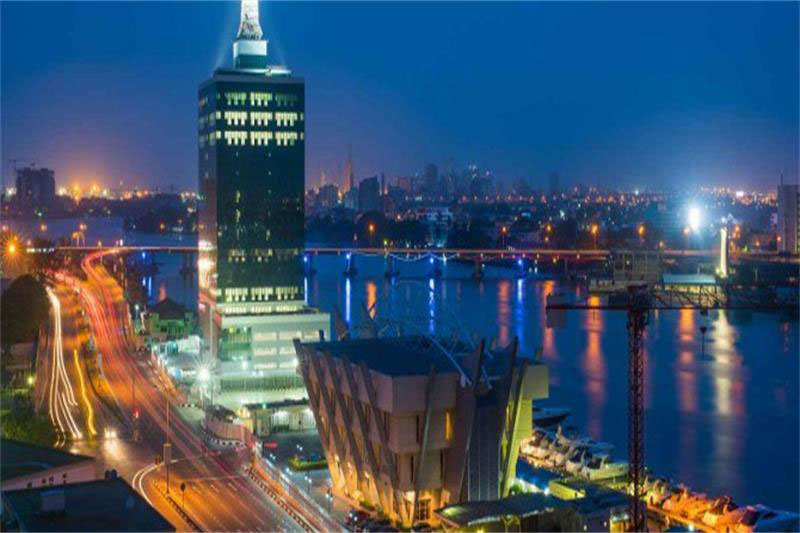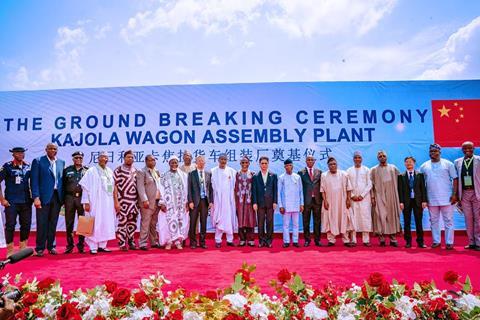Nigeria had much to celebrate when deals were struck at the Russia-Africa Summit in October, but as Will McBain reports, there are doubts about whether all of the projects will be implemented.When Russian President Vladimir Putin raised a glass and l...
Nigeria had much to celebrate when deals were struck at the Russia-Africa Summit in October, but as Will McBain reports, there are doubts about whether all of the projects will be implemented.
When Russian President Vladimir Putin raised a glass and led representatives of 54 African states in a toast to “mutually beneficial cooperation” at the Sochi Summit in October, Nigeria’s President Muhammadu Buhari may well have felt his nation had the most to cheer.
The Kremlin announced that $12.5bn worth of deals had been struck with African nations during the two-day meeting at the Black Sea resort city, building on a 140% increase in the volume of trade between the partners during the last decade, which reached $20.4bn in 2018.
Debt write-offs and military deals underpinned the activity at Sochi, but it was the number of potentially significant memoranda of understanding (MoU) struck with Nigeria that could have the deepest impact as it looks to overhaul its oil-dependent economy. In total, 13 agreements were signed with Nigeria, as Putin’s coterie of state-sponsored industrialists seized on commercial opportunities to enhance Russia’s clout.
The deals are in multiple fields. Russian Railways signed a long-term MoU to assist the government in restoring existing railways and rolling stock, and to expand the network with the construction of a line between Port Harcourt and Maiduguri.
In Nigeria’s crucial resources industry, an MoU was signed between the Nigeria National Petroleum Corporation (NNPC) and Russia’s oil giant Lukoil, to upgrade their commercial relationship to a government-to-government partnership working in upstream operations, while pledges were made to overhaul Nigeria’s non-functioning refineries. Nigeria and Russia also agreed to revive and solidify a venture between the NNPC and Russia’s Gazprom to develop Nigeria’s huge gas potential and infrastructure.
Russia’s planned re-engagement with Nigeria’s steel industry, in particular the Ajaokuta Steel Mill, comes loaded with historical baggage. The project – described by Matthew Page, associate fellow at the Chatham House Africa Programme, as the “millstone around the neck of every Nigerian administration; a colossal monument to government waste going back decades” – is to be revived.
Thousands of Soviet workers descended on the plant to begin construction in 1979. But despite $8bn of public money being sucked into the plant, work stalled after the government failed to pay the builders, construction halted, and not a single bar has ever been produced. Now, acording to Nigerian minister of mines and steel development Olamilekan Adegbite, Russian construction and engineering group MetProm has agreed to finish the assembling of the plant and bring it into operation.
“It’s time to go back to the original architects of the project (Russia) for a renewed effort to revive the plant, complete the building and bring it into production,” he tells African Business.
That may be hugely ambitious given the project’s previous difficulties. But concrete progress around arms sales is much more likely. In defence and security, the partners signed a deal for Moscow to supply 12 Mi-35 attack helicopters, as Nigeria looks to gain fresh impetus in the stalled war against the Islamist militants of Boko Haram. Russia is the biggest arms seller on the continent and, unlike the US and many of its allies who restrict the arms they can sell to Nigeria on humanitarian grounds, has no such scruples about who it sells weapons to. Here, both partners have an incentive for greater cooperation given Russian industry’s expertise and enthusiasm in producing and selling competitively priced weaponry and Nigeria’s need for increased firepower.
“Russia and the African countries are natural business partners because the Russians sell more economically priced military equipment,” says Page.
The real deal?
And yet, weapons aside, there is scepticism around whether the raft of MOUs signed at Sochi will lead to concrete project implementation. In the past, ambitious plans have resulted in limited progress before petering out or being cancelled outright. Nigeria’s protectionist economic policies – the government has embraced import controls and foreign exchange restrictions – mean that Russian investors from the private sector may think twice before committing capital beyond vaguely worded MOUs.
“MoUs that are signed between African countries and Russia are not predicated on any degree of follow-through happening, and both sides don’t have a great track record there,” says Page.
Instead, the raft of MOUs may better be seen as serving Russia’s foreign policy goals. One major driver behind Moscow’s return to the continent is the continuing heavy cost of international isolation at the hands of Western sanctions following the occupation of Crimea. Russia appreciates that the continent has the largest number of votes within the UN, according to Jideofor Adibe, professor of political science at Nasarawa State University in Nigeria. Commercial bridge building in Africa helps Russia to build a bloc of diplomatic support in international institutions like the UN, where it shares a sceptical view of the West with many African partners, say experts.
As well as aspirational deals that could serve the interests of Russia’s state-owned companies if ever implemented, the hope is that progress on weapons sales, infrastructure investment, and the exploration of natural resources will boost Russia’s weak diplomatic standing.
Nigeria’s government is aware of the natural scepticism towards the announcements. Yet publically the government remains bullish, arguing that the nation needs to pivot away from an overreliance on traditional allies, and counterbalance the increasingly strong hand of China and mixed engagement from the West. Buhari has been looking to move away “from an overdependence, or too close a partnership with Western traditional partners,” says Page.
But moving towards Russia could have the added benefit of forcing traditional partners to up their game. “If this summit reawakens America’s interest in Nigeria then that’s good news, and they can do as they did during the Cold War and play one against the other, and try and get as much as they can,” says Adibe.
Original Source: https://africanbusinessmagazine.com/region/west-africa/scepticism-follows-russia-nigeria-deal-announcements/




